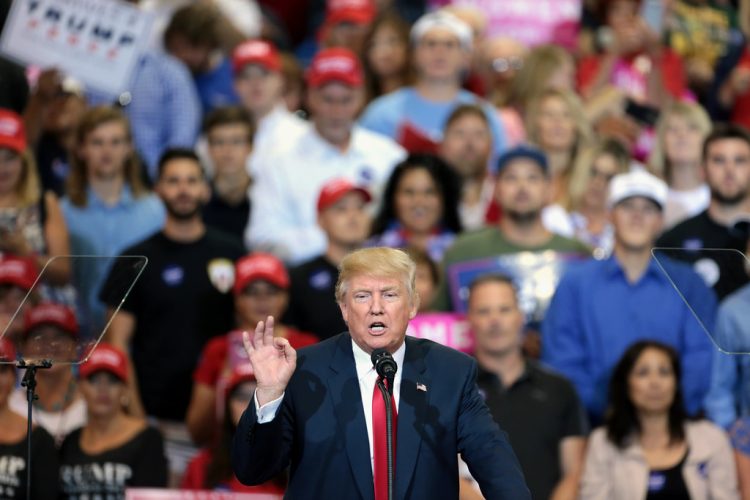With US President Donald Trump announcing the “reciprocal tariffs” on what he dubbed “Liberation Day,” the stock market had another say and plummeted drastically.
Despite this Trump is spreading his optimism, claiming that the tariffs are “beautiful” for the country and that these tariffs would give the domestic industry a boost, creating more job opportunities and eventually healing the US economy.
What the “Liberation Day” tariffs mean
This means that hiking taxes of 20% on European goods, 54% on Chinese goods, and 10% on UK imports, in addition to other taxes on goods from as many as 60 countries are imposed by Trump and his administration.
The stock market had another opinion
The stock market plunged into the unknown, with the S&P 500 losing $2 trillion in market capitalization. Economists have warned that tariffs have never gone well for Americans historically.
They are also predicting and warning Americans that they will be picking up extra bills, ranging from groceries and cars to their retirement plans.
The president tried to prove otherwise
“We have massive Financial Deficits with China, the European Union, and many others. The only way this problem can be cured is with TARIFFS, which are now bringing Tens of Billions of Dollars into the U.S.A.,” Trump wrote on his social media platform, Truth Social.
“They are already in effect, and a beautiful thing to behold,” he continued.
He even made a dig at Former President Joe Biden
“The Surplus with these Countries has grown during the “Presidency” of Sleepy Joe Biden. We are going to reverse it, and reverse it QUICKLY,” he added in his post.
“Some day people will realize that Tariffs, for the United States of America, are a very beautiful thing!” He concluded and reiterated.
And some countries want to make deals with the US
As per the New York Post, Trump said:
“I spoke to a lot of leaders — European, Asian, from all over the world. They’re dying to make a deal, but I said we’re not gonna have deficits with your country. We’re not gonna do that because to me a deficit is a loss. We’re gonna have surpluses or we’re at worst gonna be breaking even.”
But the stock market still begs to differ
Dow Jones Industrial Average fell 2.1 percent and the S&P 500 went down around 2.5 percent on April 6.
In addition, the Nasdaq fell by around 3.1 percent and the Asian shares took a blow as well, where Tokyo’s 225 index lost about 8 percent when the market opened and came down 6 percent by midday, as reported by the New York Post.

















































